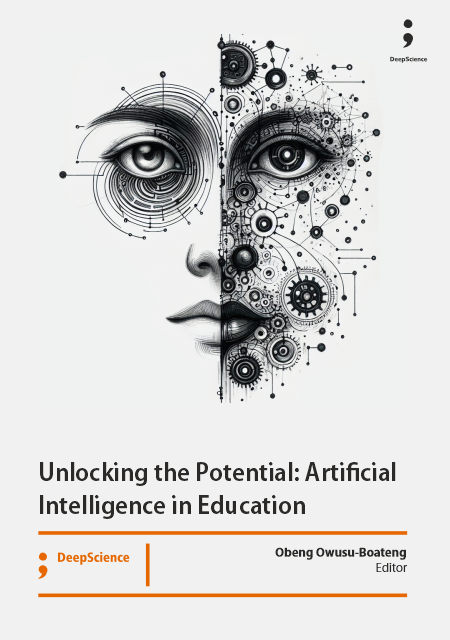Personalized learning experiences with artificial intelligence
Synopsis
Personalized learning experiences represent a transformative shift in education, leveraging advancements in Artificial Intelligence (AI) and Adaptive Learning Technologies (ALTs) to cater to the unique needs, preferences, and abilities of learners. Rooted in educational theories such as constructivism and differentiated instruction, personalized learning emphasizes flexibility, adaptability, and student-centered instruction. This chapter explores the role of AI-driven tools, including intelligent tutoring systems, natural language processing, and predictive analytics, in tailoring educational content to meet individual students’ needs. It also examines the impact of ALTs on student engagement and outcomes, highlighting empirical evidence that demonstrates their potential to improve academic performance and foster motivation. However, the implementation of personalized learning is not without challenges, including ethical concerns related to data privacy, algorithmic bias, and the digital divide. By addressing these challenges and adopting inclusive design practices, personalized learning can pave the way for a more equitable and effective educational system.
Keywords: Adaptive Learning Technologies, Personalized Learning, Experiences.













